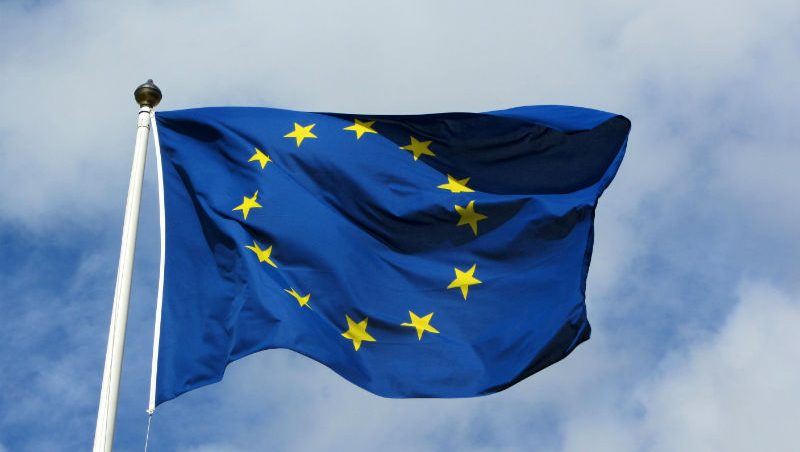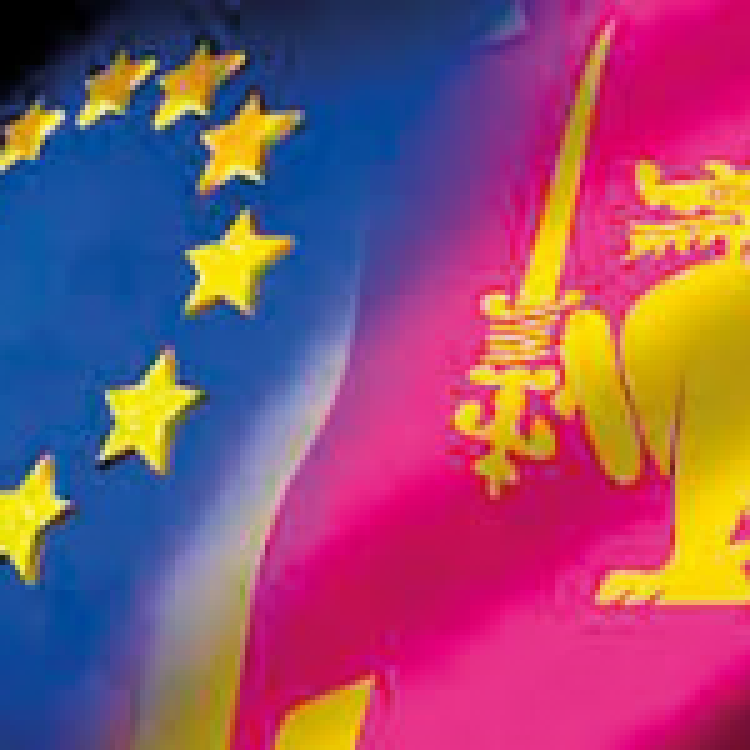
The European Union has recently aired concerns about Sri Lanka’s import ban, highlighting the controversy of the “unfair” ban which prevents the outflow of foreign exchange, whilst Sri Lanka aims to become a “regional trading hub.”
Sri Lanka introduced the “exceptionally broad” import ban as one of the measures put in place related to the coronavirus pandemic. However, recently the ban caused a severe shortage in turmeric availability leading to its prices soaring and efforts to smuggle turmeric from India.
Thorsten Bargfrede, EU First Counselor and Head Political, Trade and Communications Section, stated, “we feel that closing borders at this point is not an advantage for Sri Lanka, as it looks to become a regional trading hub”. He also highlighted that while the ban may protect Sri Lankan currency in the short-term, it may have negative effects in the long-term.
A regional trading hub is one that allows for the steady flow of goods out of and into the county, which Bargfrede says directly contradicts Sri Lanka’s import bans. “Over time, it can reduce the attractiveness to European investors and lead to uncertainty and changing regimes is now what investors look for,” Bargfrede stated.
He also went on to highlight that Sri Lanka’s ability to pay for its imports from other Asian countries comes from the foreign exchange earned by exporting two-thirds of its total export basket to the EU, US and UK.
Bargfrede stated that the EU does not plan to rectify a negative trade balance with Sri Lanka, as it stands for an open trading system, despite having a deficit.
He noted that Sri Lanka has recently been classified as a lower-middle-income country, and highlighted that the GSP Plus utilization rate in Sri Lanka is low and concentrated to few sectors. However, he stated that the GSP Plus scheme would be available until SL is reclassified to a higher-income status.
Read more here.


